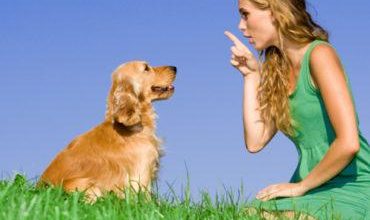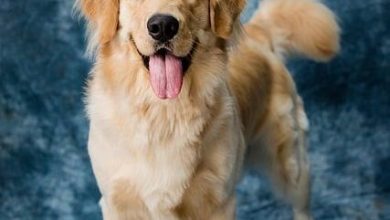Advanced behavior correction techniques for older dogs
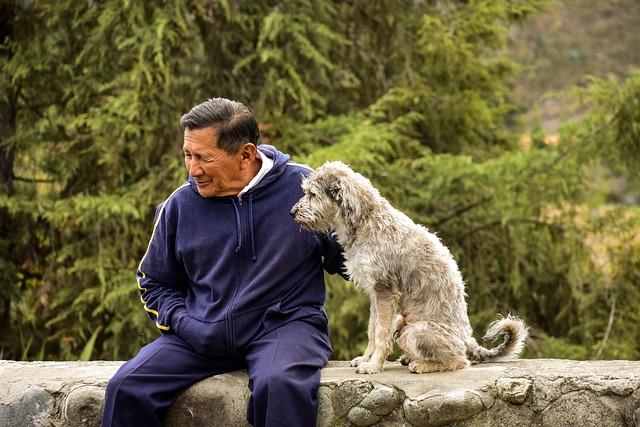
As our canine companions age, their behavior can sometimes become challenging to manage, prompting the need for effective correction techniques tailored to their specific needs. Understanding that older dogs may develop habits that require adjustment, whether due to changes in their environment, health, or routine, is crucial for maintaining a harmonious household. This article delves into advanced behavior correction techniques specifically designed for older dogs, offering insights into the underlying causes of common behavioral issues and providing practical, evidence-based strategies to address them. By adopting these approaches, dog owners can enhance their pet’s quality of life, ensuring that their senior years are as fulfilling and enjoyable as possible. Whether you are dealing with newfound anxiety, aggression, or other behavioral changes, these techniques aim to foster a balanced and supportive environment for your aging four-legged friend.
Understanding the Challenges of Behavior Correction in Senior Dogs
As dogs age, their cognitive functions may begin to decline, making behavior correction more challenging. Older dogs may become set in their ways, making it difficult to modify established habits. However, understanding these challenges is crucial for effective intervention. One of the primary hurdles is the potential for age-related health issues, such as arthritis or hearing loss, which can affect a dog’s ability to respond to commands or adapt to new routines. Additionally, older dogs may experience cognitive dysfunction syndrome (CDS), similar to Alzheimer’s in humans, which can impact memory and learning capabilities.
When addressing behavior correction in senior dogs, it’s important to consider the following strategies:
- Patience and Consistency: Given the potential cognitive decline, it’s essential to be patient and consistent with training efforts.
- Health Check: Ensure that any health issues are managed, as pain or discomfort can exacerbate behavioral problems.
- Gentle Training Methods: Use positive reinforcement and gentle training techniques to encourage desired behaviors without causing stress.
- Environmental Adjustments: Make necessary changes to the dog’s environment to accommodate any physical limitations.
By recognizing and addressing these unique challenges, you can effectively help your senior dog adapt to new behaviors while ensuring their comfort and well-being.
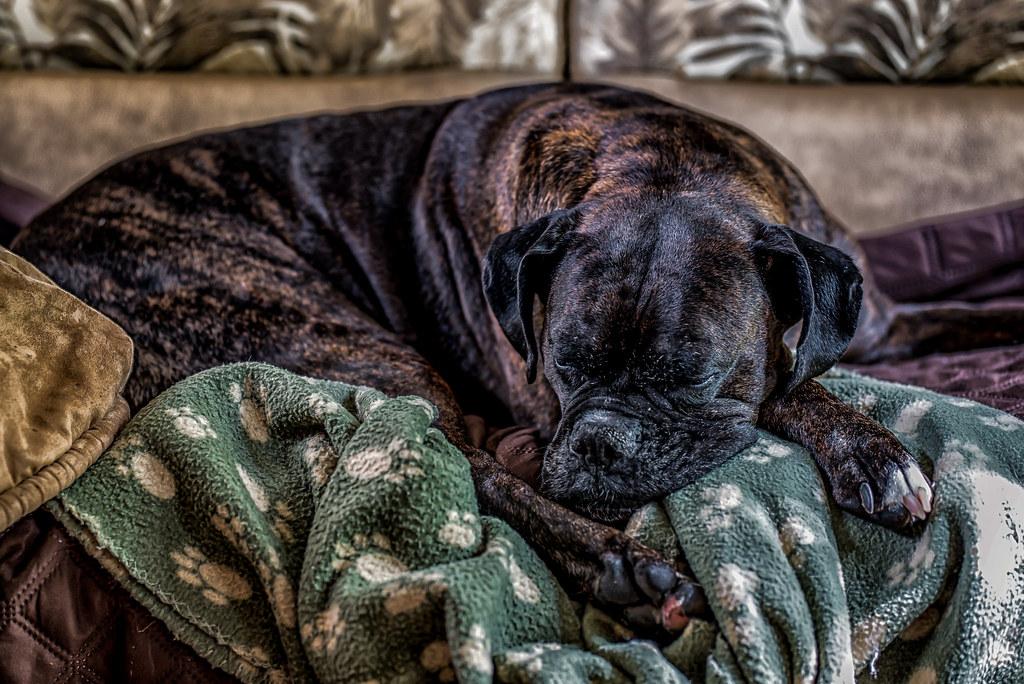
Tailoring Training Techniques to Suit Older Dogs Needs
As dogs age, their learning capacity and physical abilities may change, necessitating a more considerate approach to training. Adapting techniques to meet the unique needs of older dogs can significantly improve their responsiveness and overall well-being. Here are some strategies to consider:
- Gentle Reinforcement: Older dogs may have decreased energy levels, so it’s crucial to use positive reinforcement techniques that do not exhaust them. Short, frequent training sessions with ample rest periods can be highly effective.
- Customized Commands: Simplifying commands and using consistent, clear signals can help accommodate any potential sensory impairments. This ensures that the dog understands what is being asked without confusion.
- Physical Adjustments: Be mindful of any physical limitations your dog may have. Avoid exercises that could strain their joints or exacerbate existing health issues. Opt for low-impact activities that promote mobility and cognitive engagement.
By tailoring training techniques to the specific needs of older dogs, you can create a more harmonious learning environment that respects their age while encouraging positive behavior changes.
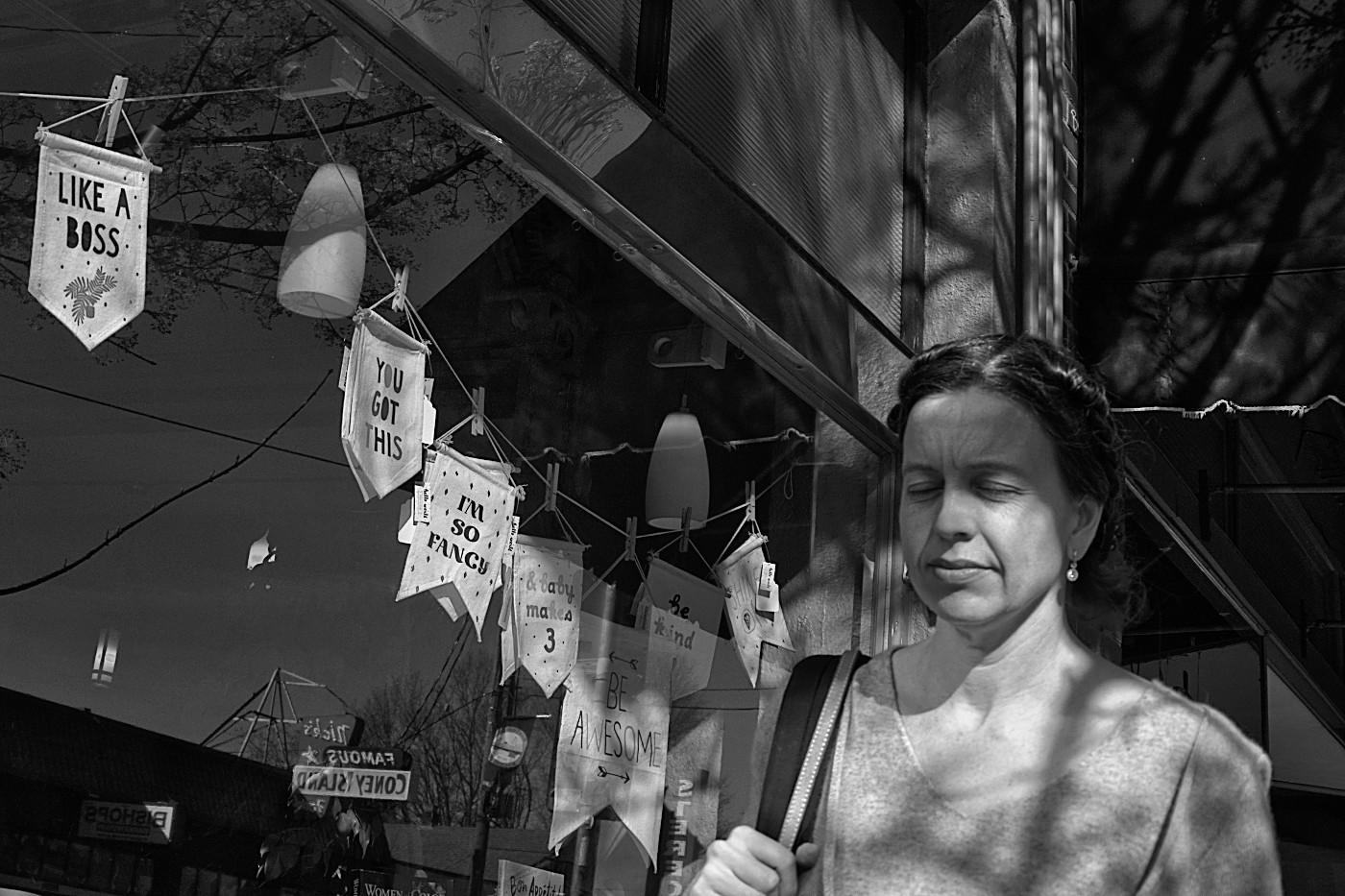
Implementing Positive Reinforcement for Lasting Behavioral Change
To foster long-term behavioral change in older dogs, employing a strategy centered on positive reinforcement is crucial. This approach not only nurtures a stronger bond between you and your canine companion but also encourages them to embrace desired behaviors willingly. Here are some effective techniques:
- Consistent Rewards: Ensure that rewards are given immediately after the desired behavior. This could be in the form of treats, praise, or playtime. Consistency helps your dog associate the action with positive outcomes.
- Clear Communication: Use clear and simple commands to avoid confusion. Older dogs might take longer to learn, so patience and repetition are key.
- Understand Their Motivation: Determine what motivates your dog the most. It could be food, toys, or affection. Tailor your rewards to what they value to maximize effectiveness.
- Gradual Challenges: Start with simple tasks and gradually increase the difficulty as your dog becomes more confident. This not only builds their skill set but also boosts their confidence.
- Positive Environment: Create a training environment that is free from distractions and stress. A calm setting allows your dog to focus better and enhances their learning experience.
By integrating these methods into your training routine, you can effectively guide your older dog towards improved behavior, while also strengthening your relationship through trust and mutual understanding.

Addressing Health-Related Behavioral Issues in Aging Canines
As our canine companions age, they may develop a range of health-related behavioral issues that require thoughtful attention and advanced correction techniques. Understanding the root cause of these behaviors is crucial. Often, these issues stem from physical discomfort, cognitive decline, or anxiety. To address these effectively, it’s important to integrate a holistic approach that combines medical intervention with behavioral training.
- Medical Assessment: Before implementing any behavioral correction strategy, consult a veterinarian to rule out underlying medical conditions. Pain, vision, or hearing loss can significantly affect behavior.
- Customized Training: Tailor training techniques to accommodate your dog’s age and health status. Use positive reinforcement to encourage desired behaviors, and be patient as older dogs may take longer to adapt.
- Environmental Adjustments: Modify your dog’s environment to minimize stressors. This can include providing a quiet, comfortable space and ensuring easy access to necessities like food and water.
- Cognitive Stimulation: Engage your dog with activities that stimulate their mind, such as puzzle toys or gentle interactive games. This can help mitigate cognitive decline and improve overall well-being.
- Consistency and Routine: Maintain a consistent routine to provide a sense of security and predictability, which is especially beneficial for older dogs experiencing anxiety or confusion.
Final Thoughts
advanced behavior correction techniques for older dogs offer a nuanced approach to addressing behavioral issues that may have developed over time. By understanding the unique needs and characteristics of senior dogs, owners and trainers can implement strategies that are both effective and compassionate. Techniques such as positive reinforcement, consistency in training, and patience are crucial in facilitating lasting behavioral change. It’s important to remember that older dogs may require more time to adjust to new routines, but with dedication and the right approach, significant improvements can be achieved. As always, consulting with a professional trainer or veterinarian can provide additional guidance tailored to your dog’s specific needs. By investing the time and effort into correcting behavioral issues, you can enhance the quality of life for your older dog, ensuring a harmonious relationship for years to come.

